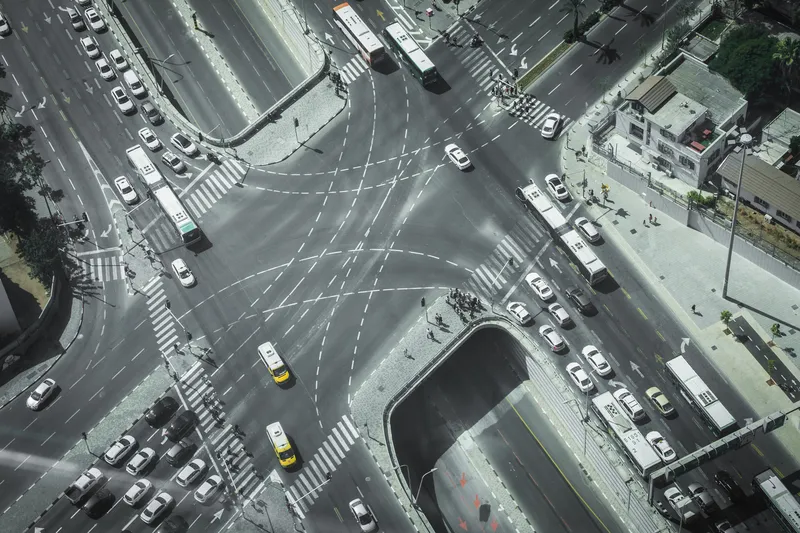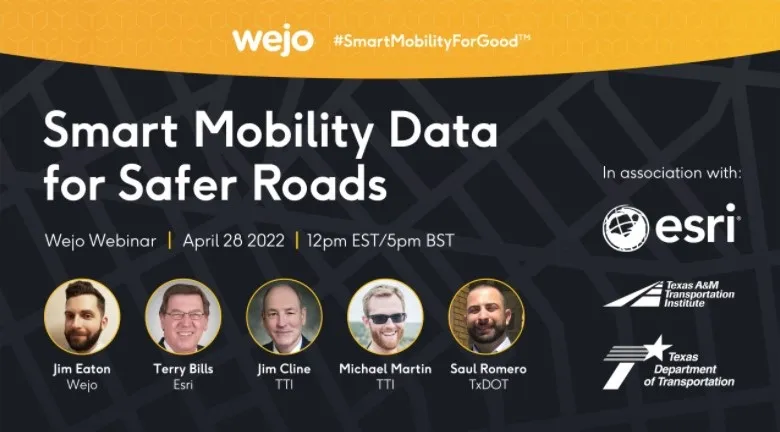
ITS associations across Europe have identified 10 features which are required in resilient transport networks.
A new paper summarises the findings of a series of webinars operated by the ITS Societies of the UK, Germany, Switzerland, Estonia, Ireland, Czech Republic and Romania.
It advises transport operators what is required to deliver a resilient network, including ensuring enough capacity, having full and reliable connectivity and being fully interoperable - and also explains what ITS can deliver to enable solutions.
It suggests control systems, monitoring, access controls and demand management - and incident and hazard management - can be used to ensure sufficient capacity, while connected ITS solutions such as sensing and monitoring, real-time modelling and open data principles improve quality monitoring, intervention, prediction and planning.
Cybercrime, multimodal travel, disaster recovery and road safety are also examined in the report.
“This is an unprecedented piece of international work,” said Jennie Martin, secretary general of ITS (UK).
"Coming together online with our friends from across Europe, and discussing issues with their members, we have come up with a very strong series of recommendations on how to use the excellent technology our industry has invented to solve problems of the future."
Contributions came from the Cities Forum, Ertico, IFSTTAR, ISG Systems, Lagan, Logma Consulting, Simplifai Systems Limited, Telenavis, Triple Sign System and the Turkish Ministry of Transport and Infrastructure.
The group suggested follow-on activities such as guidance for building resilience into procurement and looking at resilience in communications systems.








